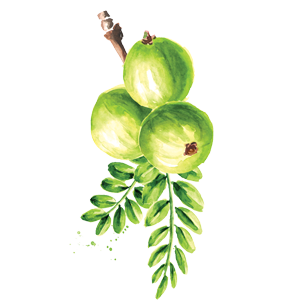





SUGGESTED DOSAGE
Frequently Asked Question

Didn't find what you were looking for?
Reach out us with your query and we will get back to you as soon as we can
ASK US

Reach out us with your query and we will get back to you as soon as we can
ASK US